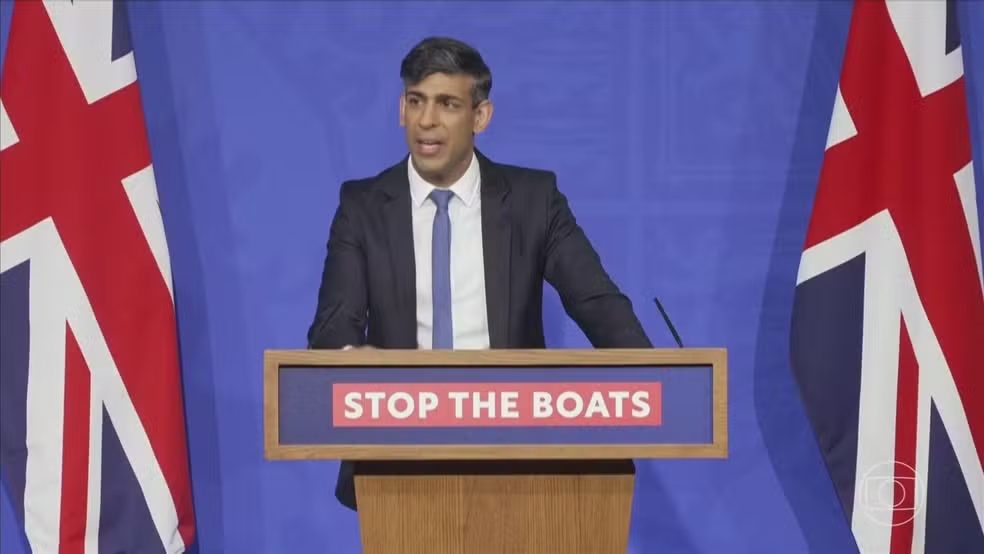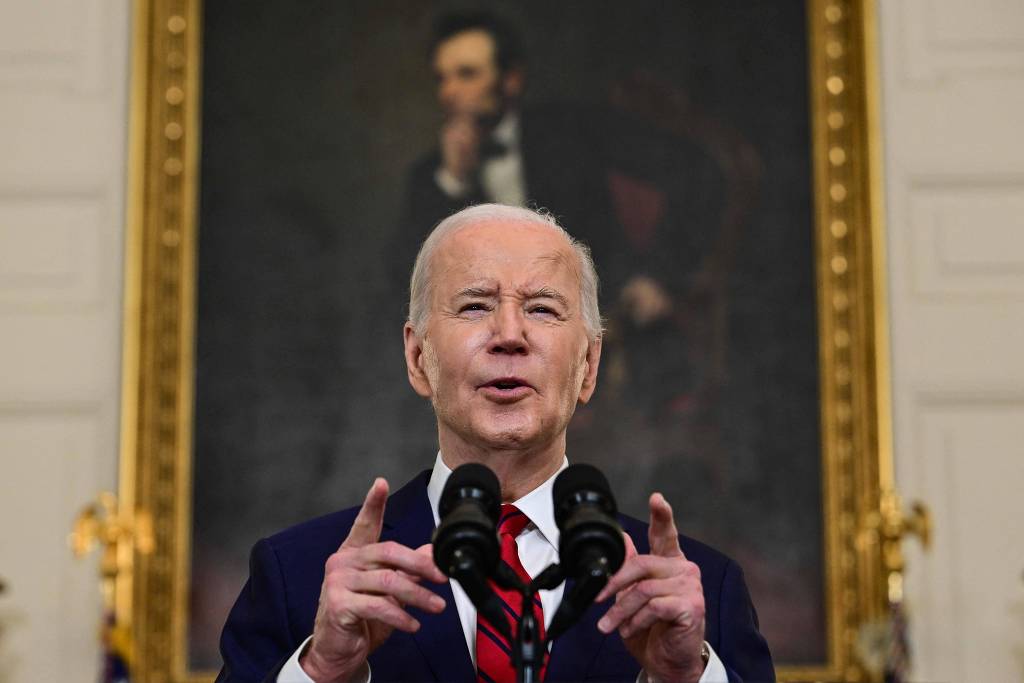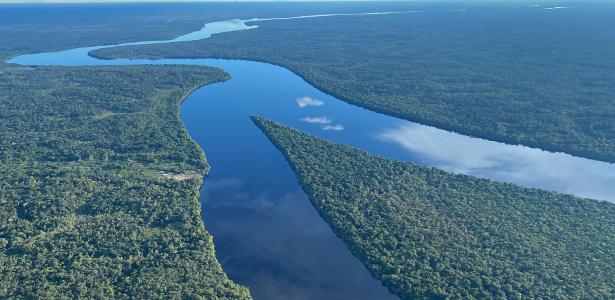Deforestation, climate change and fires threaten to put the Amazon on a path of “large-scale ecological transformation,” with an impact on the entire planet. The warning is part of the internal documents of the Intergovernmental Panel on Climate Change (IPCC) which, from Monday, will begin publishing a new series of documents and studies in the hope of identifying ways to avert an unprecedented environmental crisis.
The documents are being negotiated and, starting next week, the various working groups will present their conclusions. Some excerpts will not be submitted until early 2022.
But preliminary copies of confidential documents, obtained by UOL, reveal that there will be increased pressure on Brazil, given the dangers present in one of the most important biomes: the tropical jungle.
“The Amazon rainforest as a reservoir of biodiversity is threatened by the relationship between land use change and climate change, which could lead to large-scale ecological shift and biological changes from rainforest to dry forest and grassland, reducing productivity and carbon storage,” the report warns in its original version.
The document, according to negotiators, will give power to governments, activists, environmentalists and indigenous peoples to pressure the Jair Bolsonaro administration to act to reduce deforestation. Behind the diplomatic scenes, the report will continue to be used as an affirmation that protecting the forest must be a priority and will guide Brazil’s integration into the world for years to come.
The IPCC was a turning point in the climate debate when, just over ten years ago, it began publishing reports that guided the international debate. In 2007 the group was awarded the Nobel Peace Prize and, as the column revealed, now sees a connection between human activity and climate change.
For the scientists involved in drafting the document, the Amazon is one example of situations being moved to a “breaking point”.
They warn that “more frequent and intense extreme events, combined with progressive climatic trends, are pushing more ecosystems to tipping points beyond which there can be abrupt changes or transitions to a degraded or completely different state.”
“The combined and interacting impacts of climate change, deforestation and wildfires are expected to lead to a 60% reduction in the area they cover by 2050,” he says.
But the report is not just alarming and points to ways to overcome the crisis. The main thing: save.
“There is growing evidence that protecting and rebuilding existing natural ecosystems and restoring degraded and semi-natural ecosystems such as forests, swamps and wetlands maintains and rebuilds resilience and is key to effective adaptation, mitigation and biodiversity conservation,” he said.
Another recommendation is to seek, specifically, among the indigenous population, how to manage this shift, as well as science itself.
It suggests that “indigenous and local knowledge can provide critical adaptation strategies for foods, fibres, forests and managed ecosystems that are vulnerable to climate change”. “Indigenous peoples have developed sophisticated ecosystem-based knowledge for adaptation from life in tropical forests. They can play a critical role in supporting the provision of cultural ecosystem services in these environments using approaches such as participatory creation, participatory monitoring or community adaptation.” , explore.
Avoid deforestation
According to the Intergovernmental Panel on Climate Change, preventing biodiversity loss and halting deforestation will be important components of building ‘climate resilience’.
The document also dismantles the thesis that preservation is a significant investment. “The benefits of adaptation interventions often outweigh the costs. There are opportunities for tropical countries to create new potential markets for ecosystem services for climate action, such as carbon storage management and forest biodiversity shelters, with the benefits of adaptation interventions outweighing the costs,” he suggests.
Among the recommendations for South America, the Intergovernmental Panel on Climate Change proposes expanding climate change adaptation actions in the agriculture and forestry sectors to include soil and water management, crop diversification, climate-smart agriculture, warning systems, agricultural change to avoid warming and pests, and improvements in the management of climate-smart agriculture. Pastures and Livestock.
It is also recommended to implement national adaptation plans for the agriculture and forestry sectors. According to the Intergovernmental Panel on Climate Change, such plans show institutional progress, but are seeing “limited implementation in all countries, where barriers remain”.

“Music fanatic. Professional problem solver. Reader. Award-winning tv ninja.”







More Stories
Brazil is cautious, but is receiving a message from the United States that relations will be normal even if Trump wins
Fifty years ago, with the Clove Revolution, a new Portugal was born – Jornal da USB
We will build overwhelming military power, says Kim Jong Un's sister